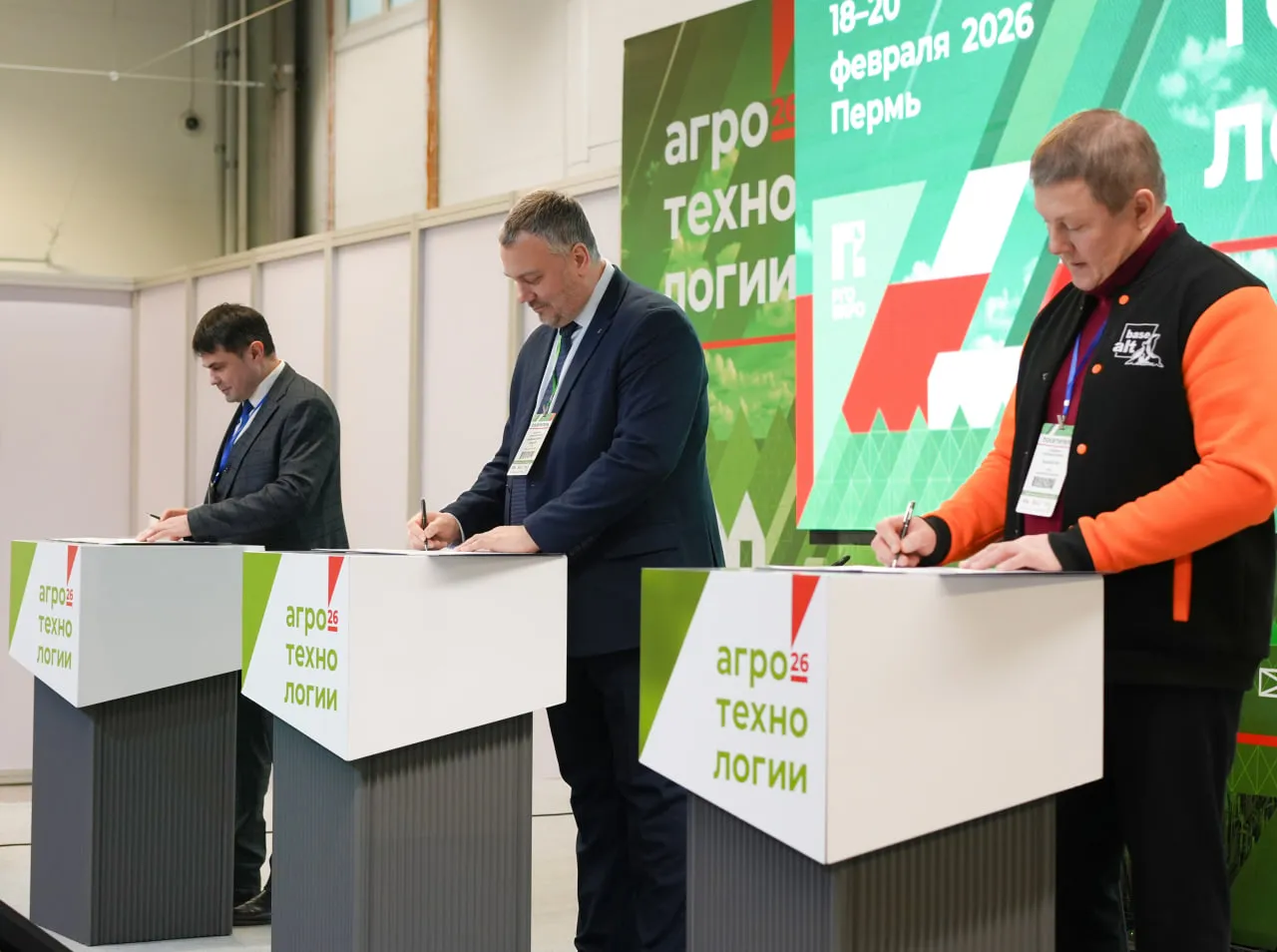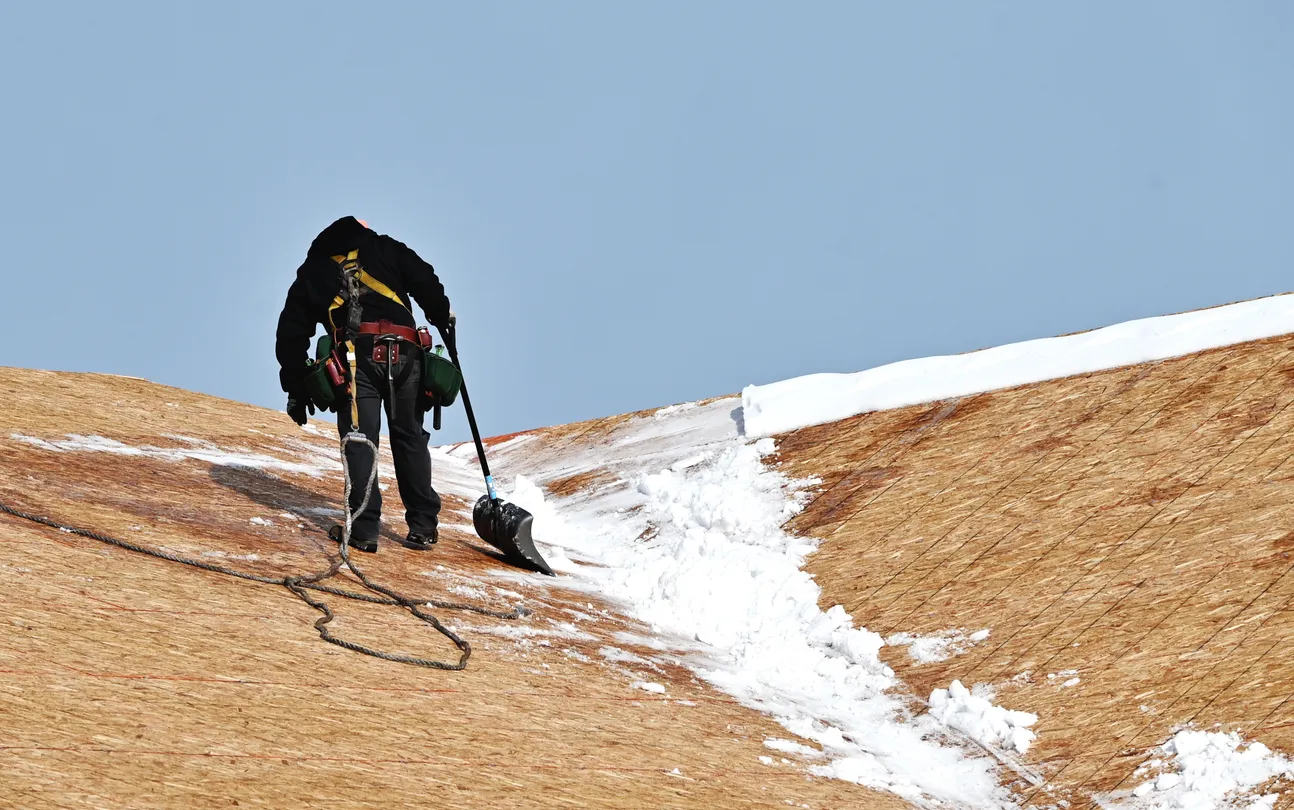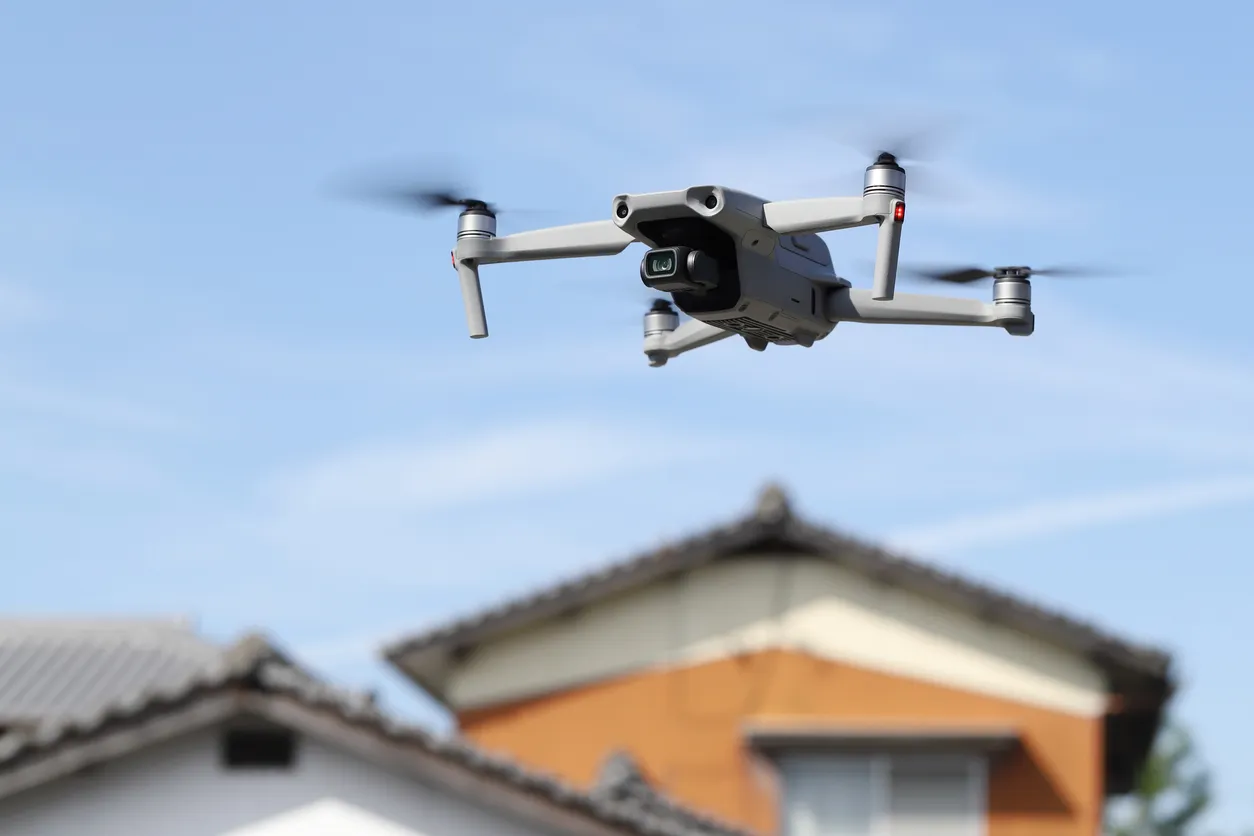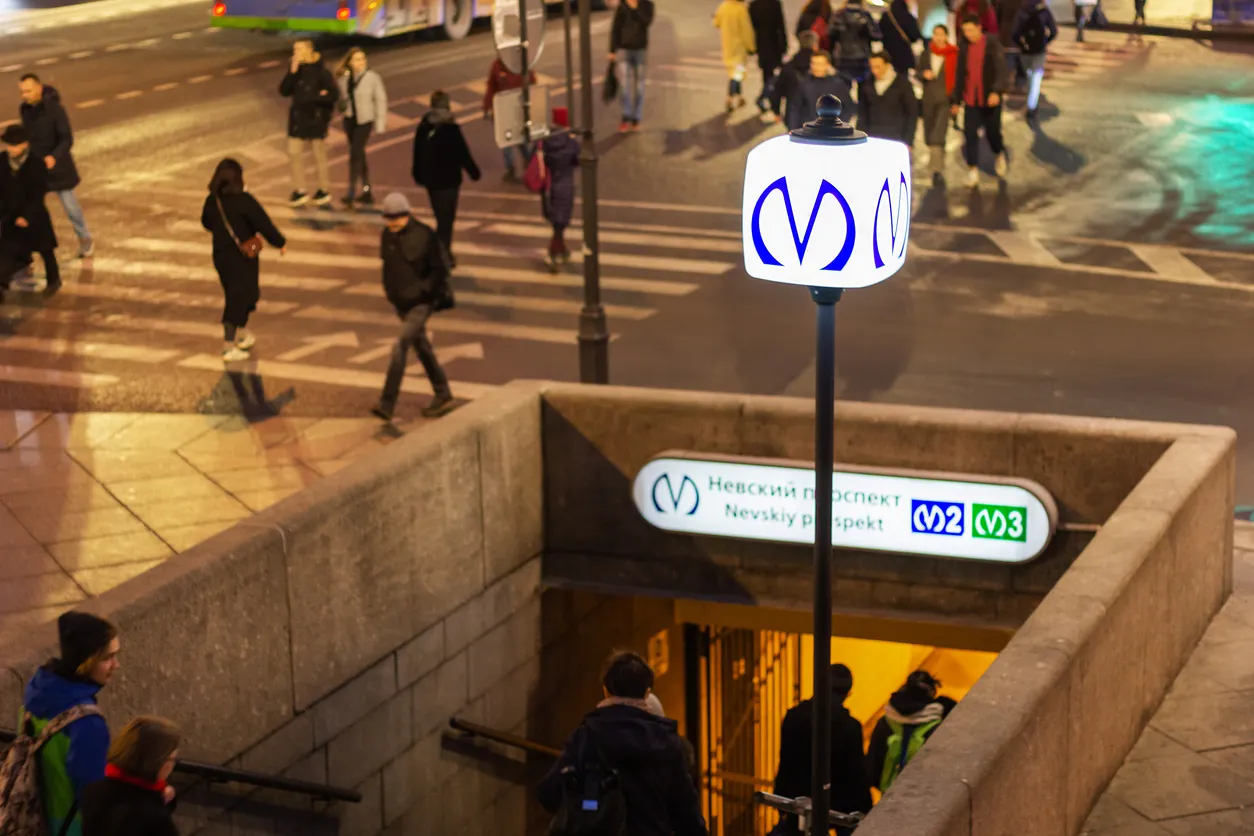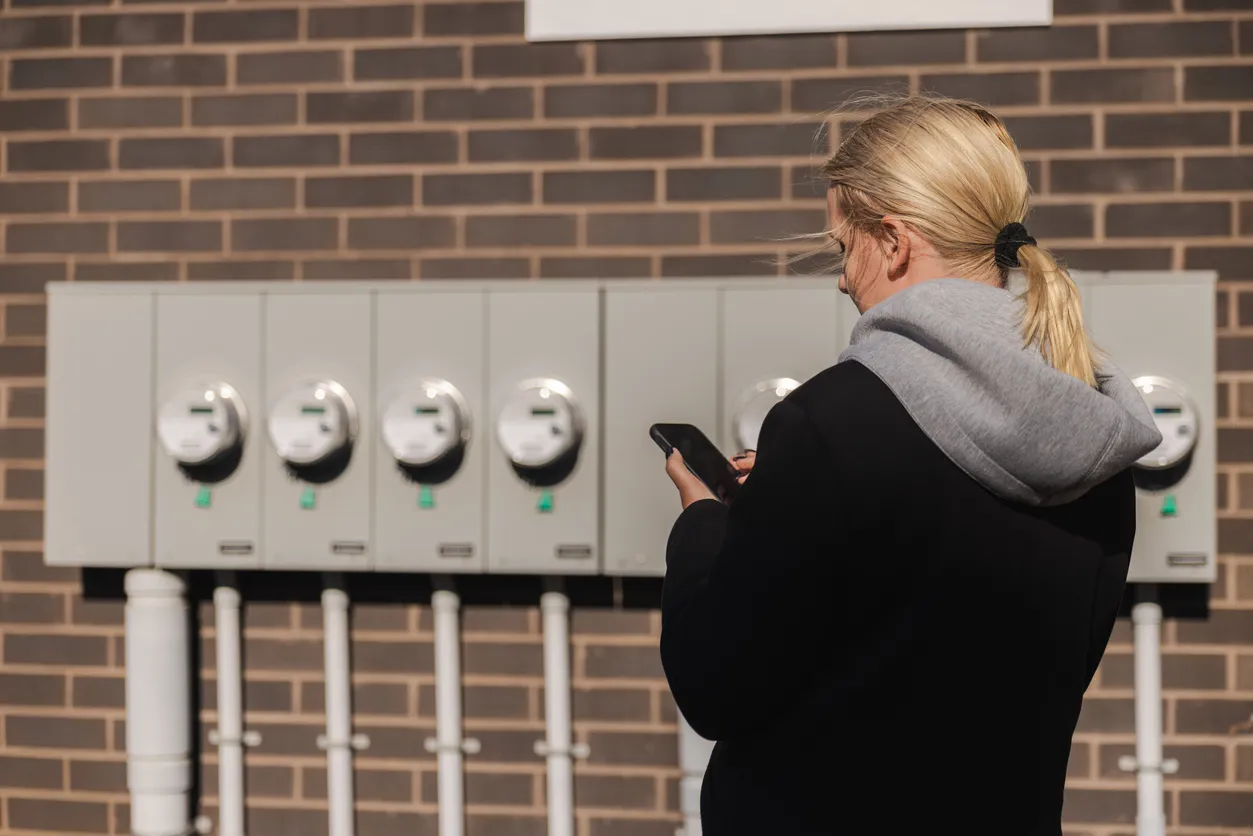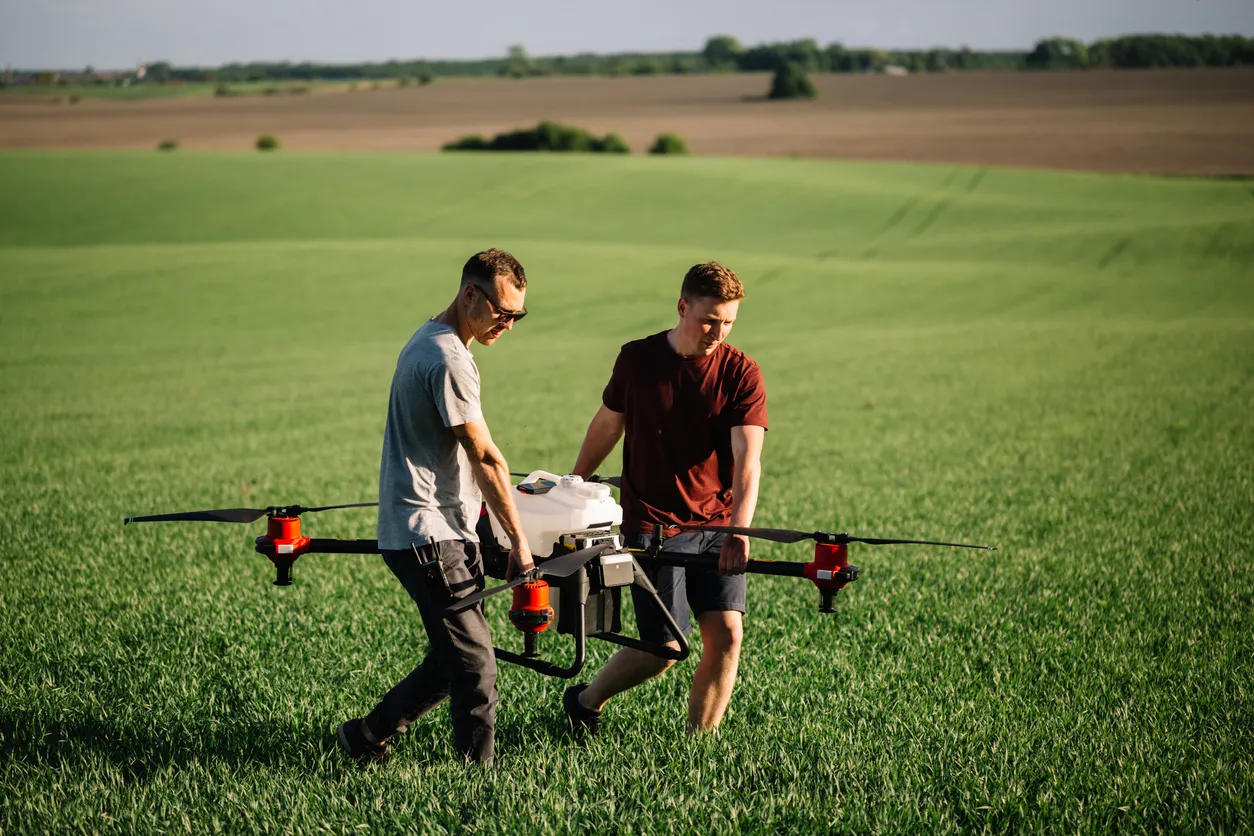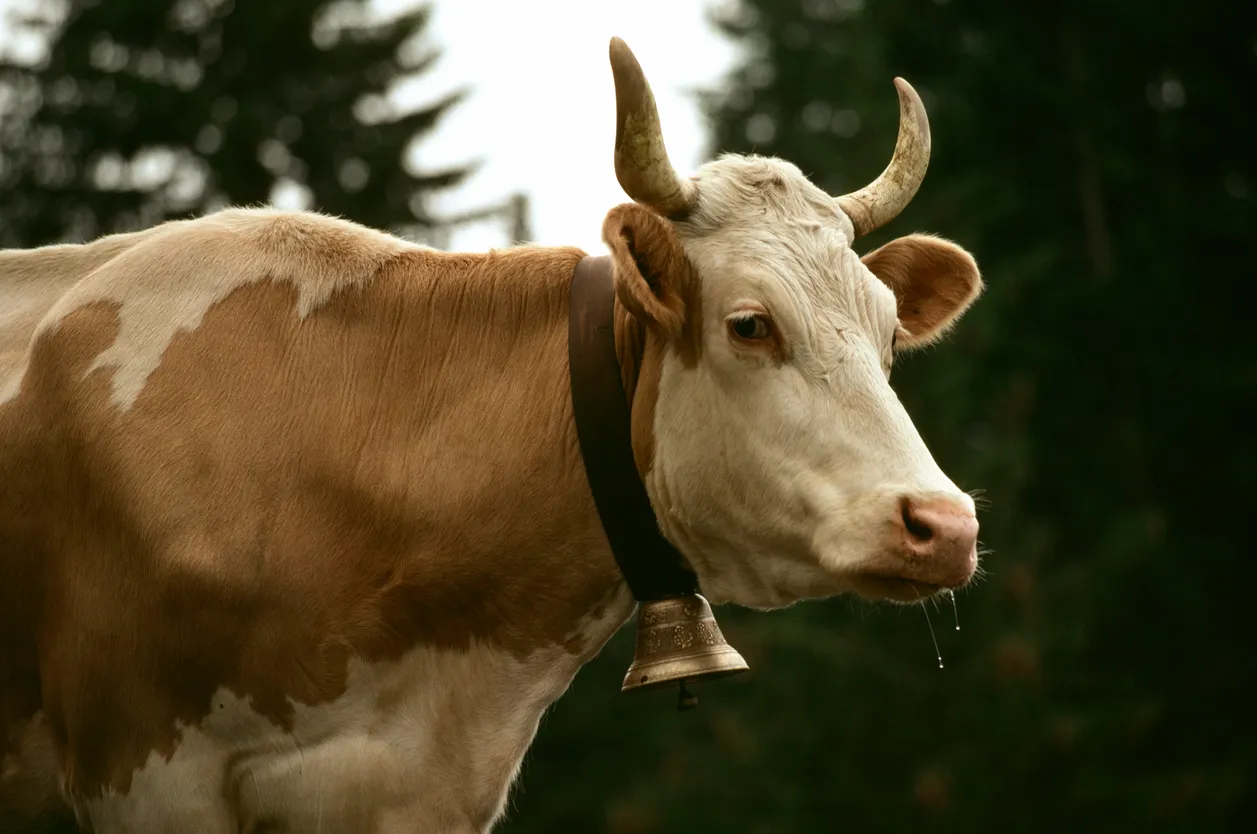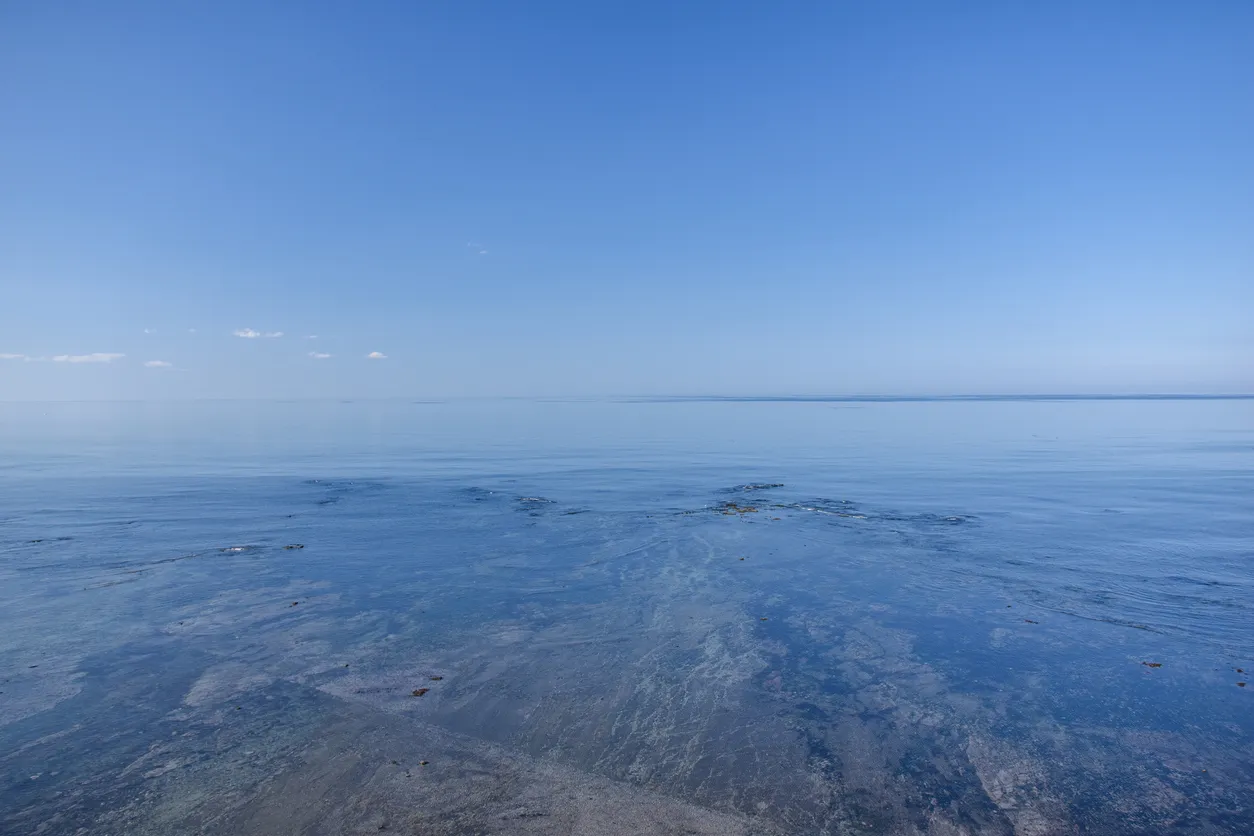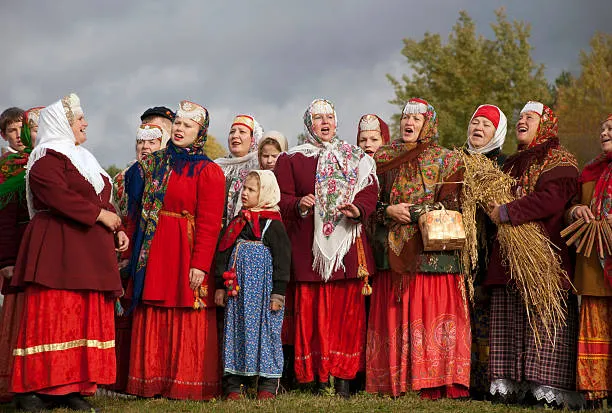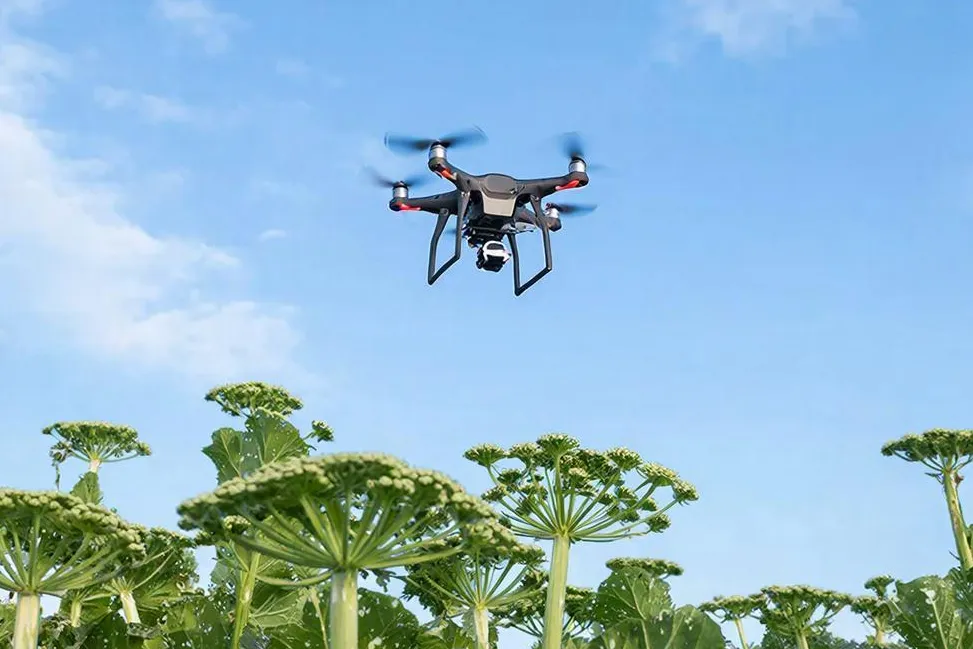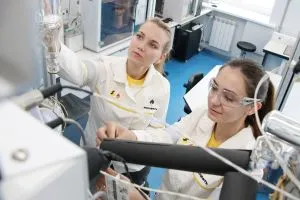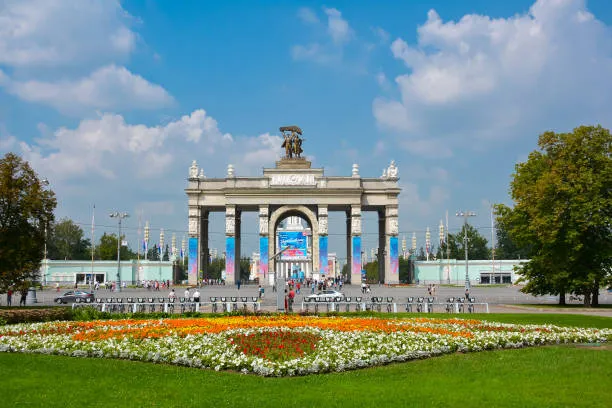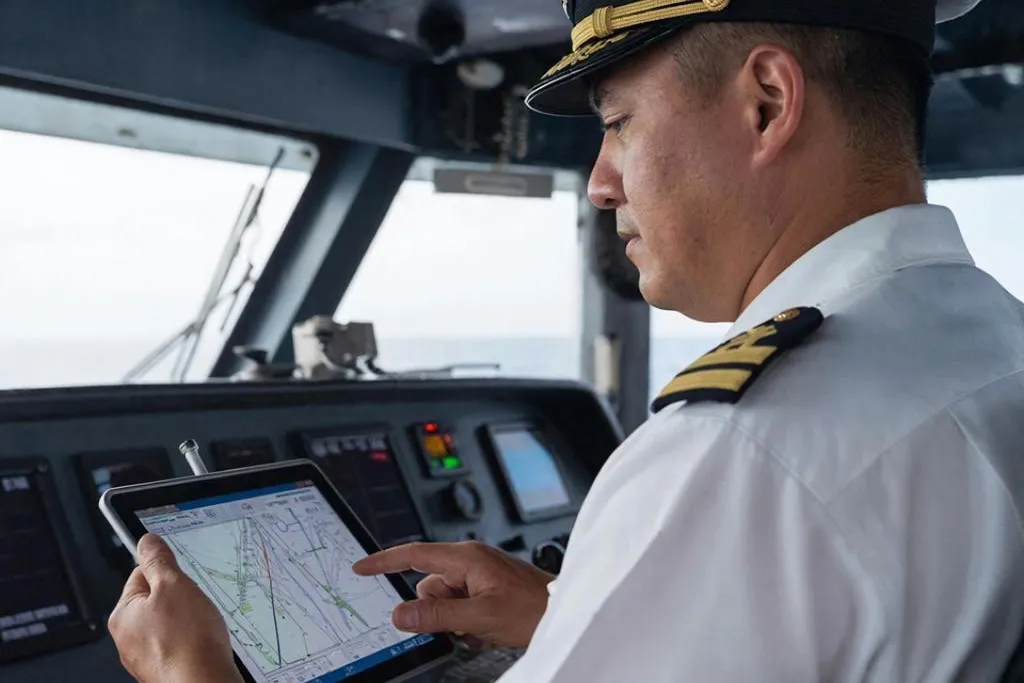AI Helps Track Quality of Life Among Russia’s Indigenous Peoples of the North
A new digital platform is mapping how well social services reach remote Arctic communities — blending data, sociology, and artificial intelligence.
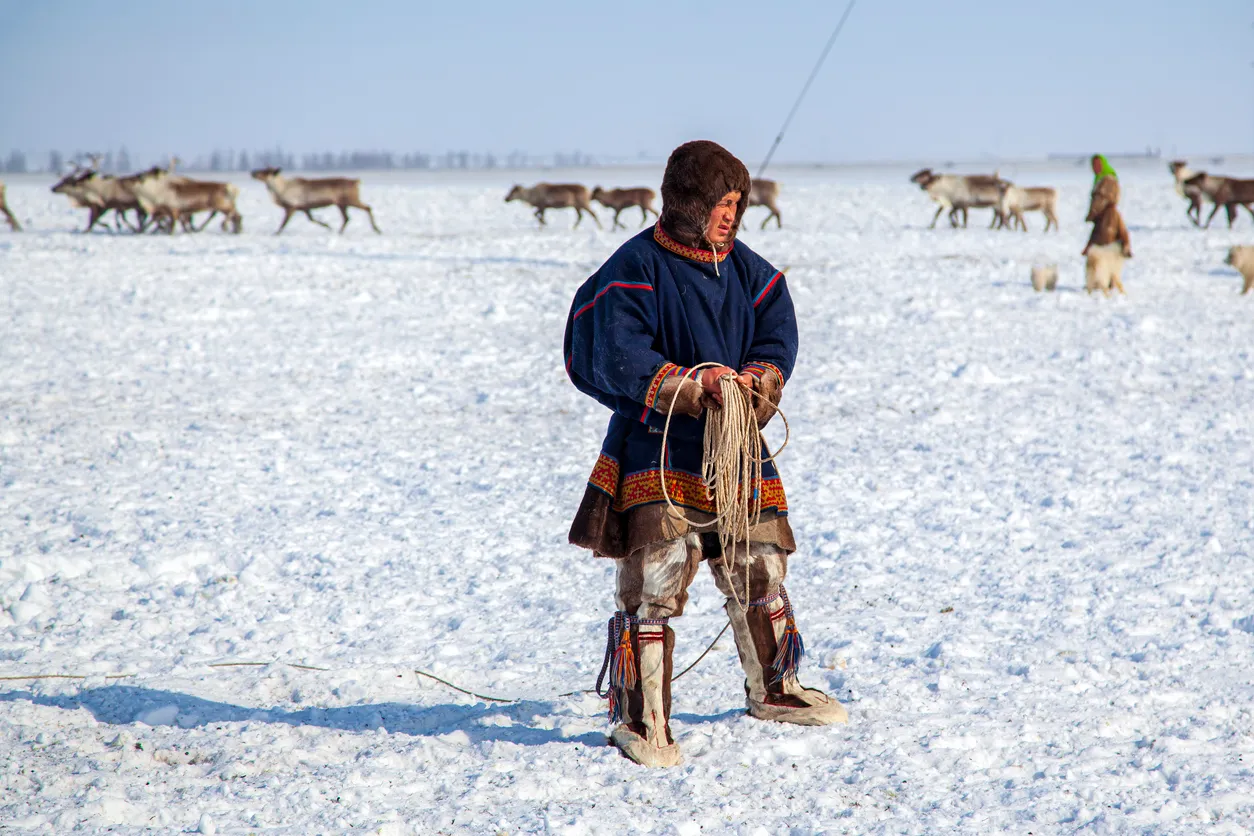
On November 4, Russia’s Khanty-Mansi Autonomous Okrug (Yugra) will launch “Klumba”, an AI-powered platform designed to assess the quality of life among Indigenous peoples living in the country’s northern regions. The system, already tested in several parts of Russia, gathers and analyzes data about access to public services, transportation, and education.
According to Dmitry Belov, a researcher at the Federal Sociological Research Center of the Russian Academy of Sciences, the project will help identify service gaps — from poorly delivered programs to inaccessible or underused benefits — and measure how well local communities’ needs are being met.
Tradition Meets Technology
Project head Ilona Yuzhakova explained that the research in Yugra covers both nomadic tundra communities and urban Indigenous families maintaining cultural ties.
By applying AI-driven analytics to social research, Klumba aims to give policymakers a clearer picture of how modernization and traditional lifestyles intersect across the Russian North.
The first results of the Klumba platform’s work are expected to be presented later this year at the Congress of Young Scientists, highlighting how digital tools can illuminate the realities of life in some of the world’s most remote regions.






